The President of the Romanian Geoexchange Society (SRG), Horia Ban, represented Romania at the Budapest Geothermal Energy Summit, where he highlighted the real potential that Romania has in developing geothermal solutions, supporting the need to finance geothermal projects through European funds, considering the consistency with the objectives of the European Green Deal.
"Two main ideas emerged during the Budapest geothermal summit. One is that geothermal energy must be made known to decision-makers in the city halls, representatives of those who could use it, and the second issue that should be clarified and accepted is that geothermal energy should be financed through European structural projects. Because the initial investment in any geothermal project is large and you don't get a return on the investment in 3-5 years, but in a much longer period, maybe 20-25 years. Instead, it is very long-term, for hundreds of years," Horia Ban told AGERPRES.
Asked to mention the conclusions of the Budapest summit, the engineer pointed out that, according to all specialists, geothermal energy represents one of the most promising sources of renewable energy for heating and cooling buildings for Central and Eastern Europe, having major potential for urban and rural heating.
Secondly, the integration of modern technologies, especially geothermal heat pumps, is indispensable for achieving European decarbonization objectives.
"Geothermal energy must be financed through European projects in all Member States, to ensure equal development conditions and accelerate investments. Public policies and European financial support (Horizon Europe, LIFE CET, Innovation Fund) have a crucial role in stimulating the market and consolidating projects at local and regional level. Last but not least, cross-border collaboration and the exchange of good practices are key to the development of the regional market, with an emphasis on training specialists and implementing common standards," stated the SRG president.
The "brakes" standing in the way of geothermal energy, as emerged from the summit discussions and presentations, range from the low level of knowledge of geothermal energy to the lack of national strategies for geothermal energy and integration into centralized public networks of cities.
"In Germany, for example, a deep-sea drilling license can be obtained in no more than one year. In Hungary, the same applies, in no more than one year. In our country, it is much, much more difficult to obtain. A problem in our country is also the over one hundred deep-sea drillings that have existed for decades and are not being exploited. In the conditions in which the duration of obtaining a license is much too long," Horia Ban specified for AGERPRES.
Budapest hosted, on September 26, the "Budapest Geothermal Energy Summit", an event attended by over 120 specialists, representatives of the academic and industrial environment, as well as decision-makers at the governmental level.
The SRG leader was invited as a speaker in the plenary sessions, alongside the most important European specialists in the field and the Hungarian Minister of Energy, Csaba Lantos.
In his speech, Horia Ban emphasized the importance of geoexchange systems and geothermal heat pumps for modernizing heating and cooling networks and reducing carbon emissions, in line with the objectives of the European Green Deal.
At the same time, he presented the audience with concrete examples from Romania, highlighting the geothermal systems implemented in the centralized heating networks in the municipalities of Oradea and Beius in Bihor.
"These projects represent models of good practice, demonstrating how local geothermal resources can be harnessed to provide clean, safe and affordable heat to urban communities," said the SRG president.
Horia Ban also emphasized that research activity does not end with the completion of buildings or demonstration systems, but continues through monitoring and validating performance in operation, an essential process for integrating research into practice and for substantiating energy policies.
The summit was also attended by representatives of the European Geothermal Energy Council (EGEC), the most important European organization dedicated to promoting geothermal energy, which will organize the European Geothermal Congress (EGC 2025) in Zurich between October 6 and 10, 2025. Romania will be represented at this event by four members of the Romanian Geoexchange Society.
Geothermal energy, or geothermal energy, is the heat emanating from the Earth's interior, resulting from radioactive decay and the residual heat of the planet's formation. This heat is stored in rocks and fluids underground and can be used to produce electrical or thermal energy.
Geothermal energy is exploited by drilling wells into the ground, at varying depths, depending on the depth at which the resources are located. There is superficial geothermal energy up to 10 meters from the surface, up to about 400 meters and deep geothermal energy, even up to five kilometers.

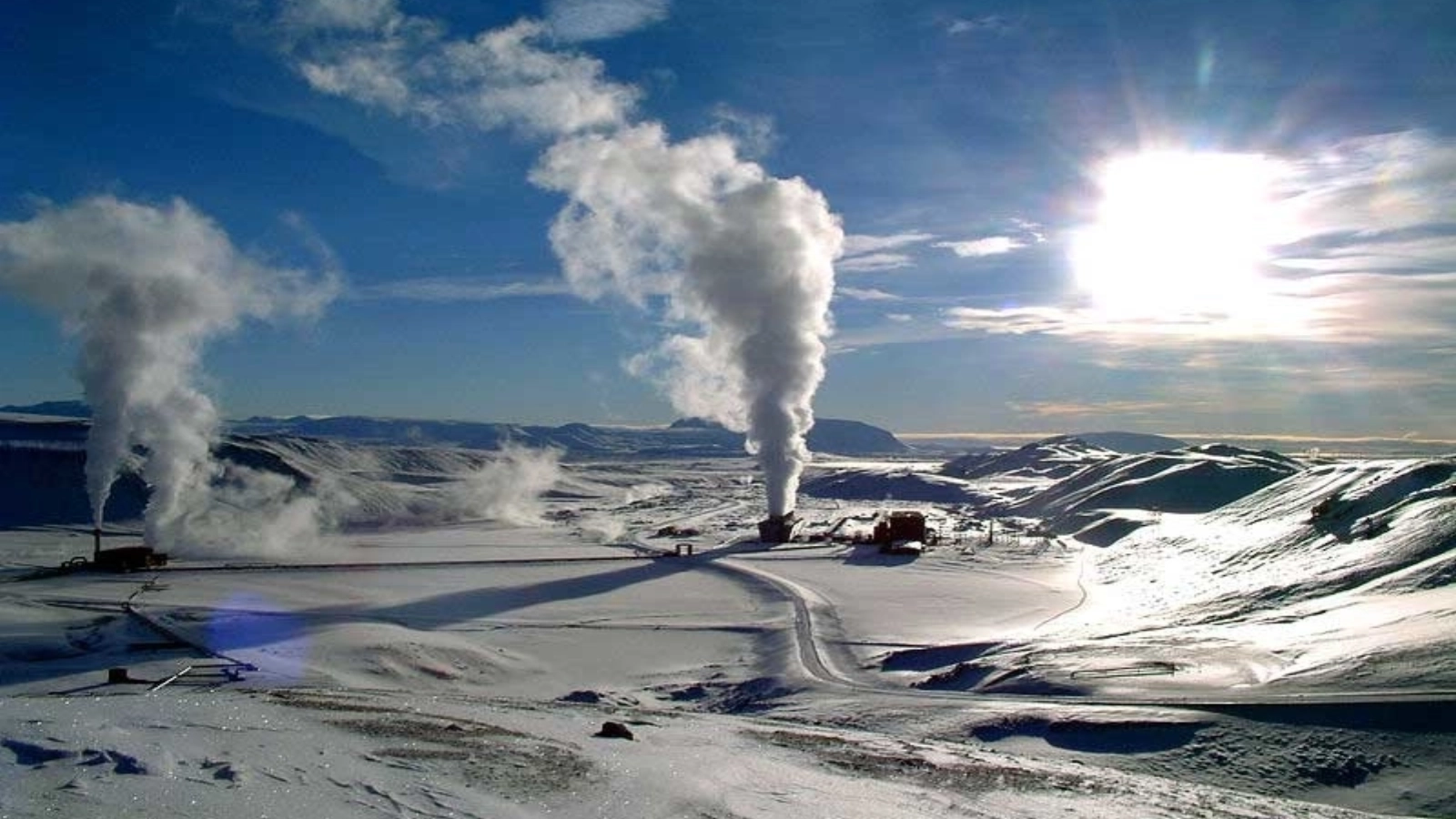
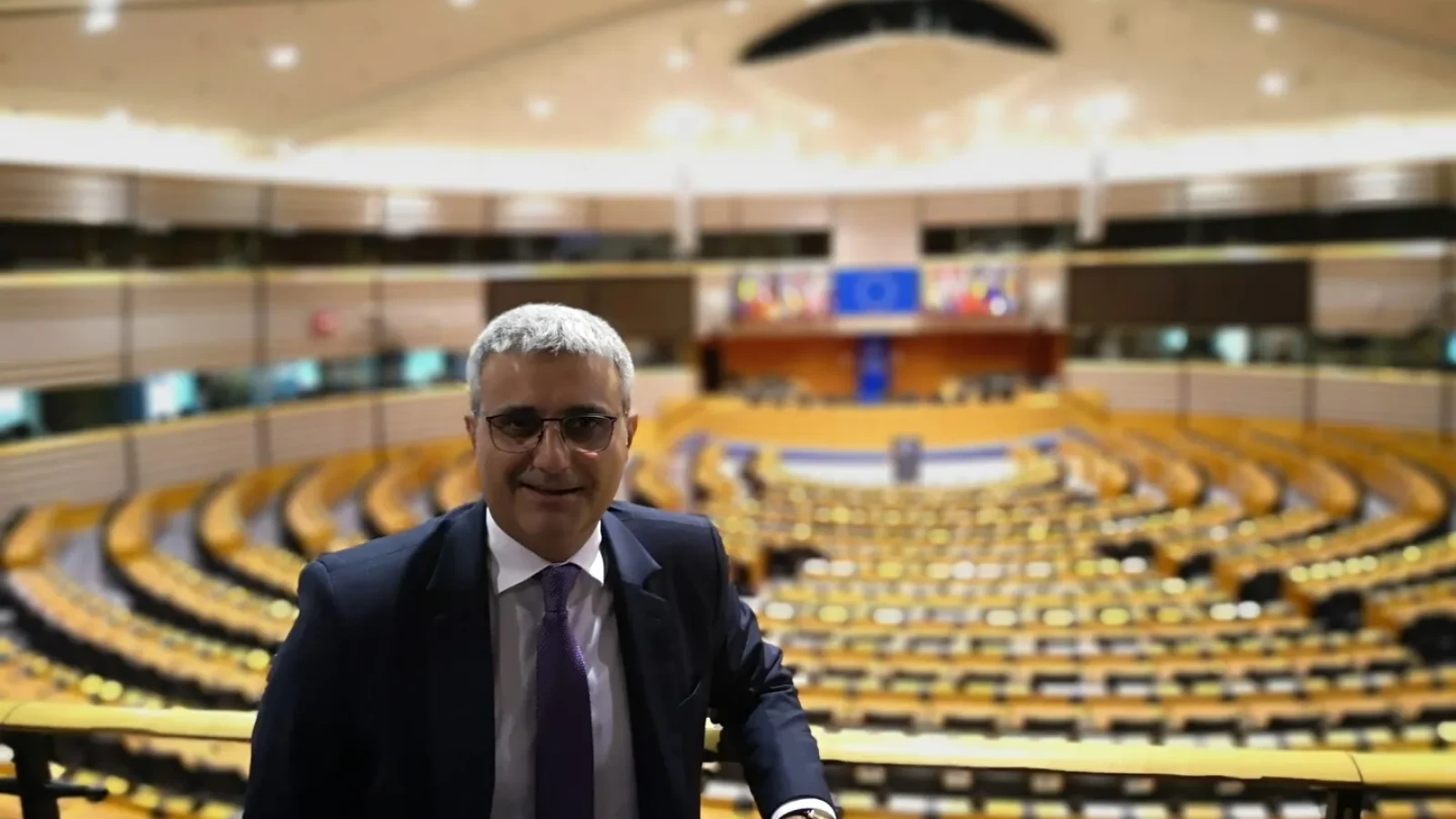
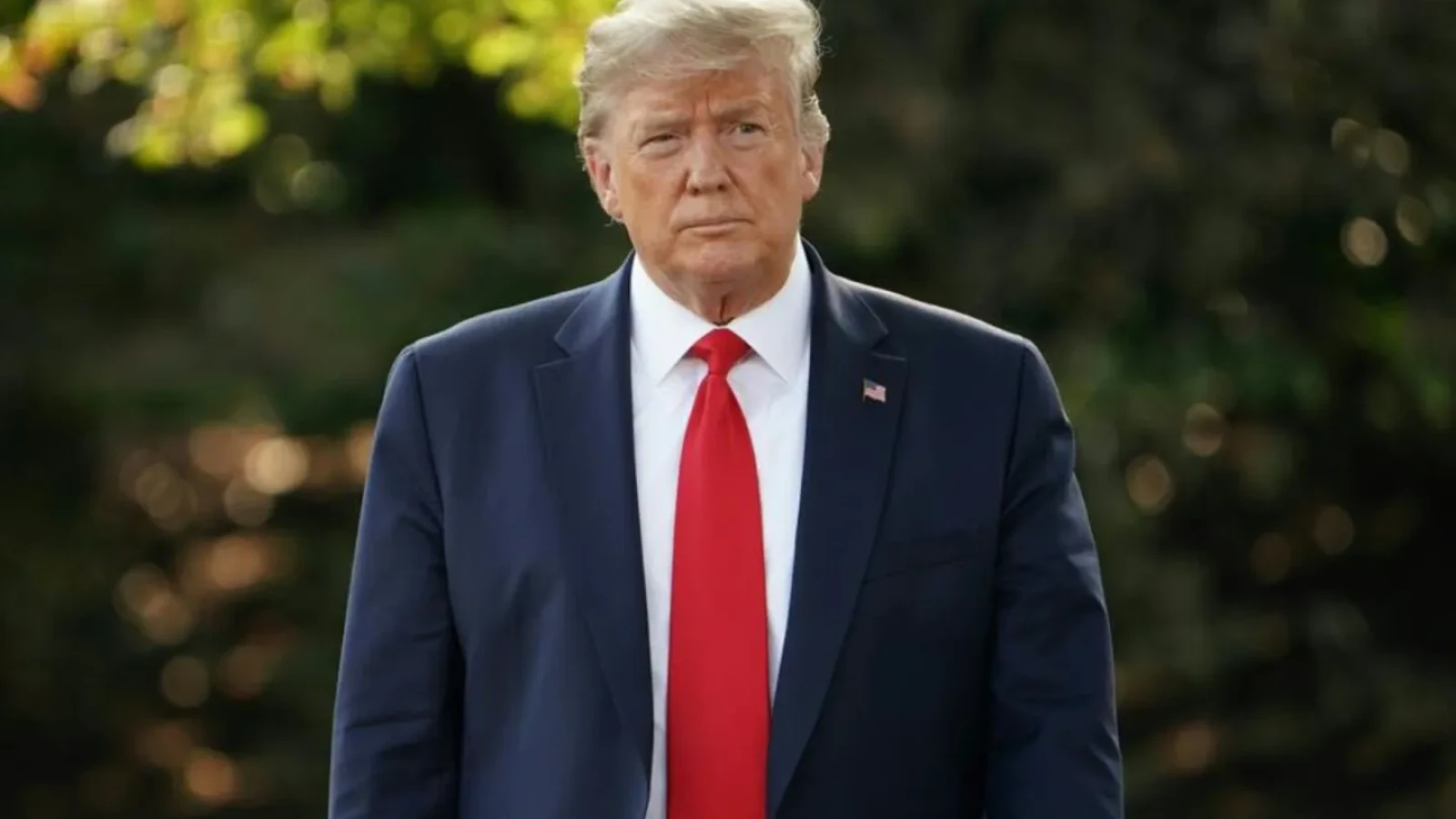

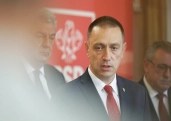














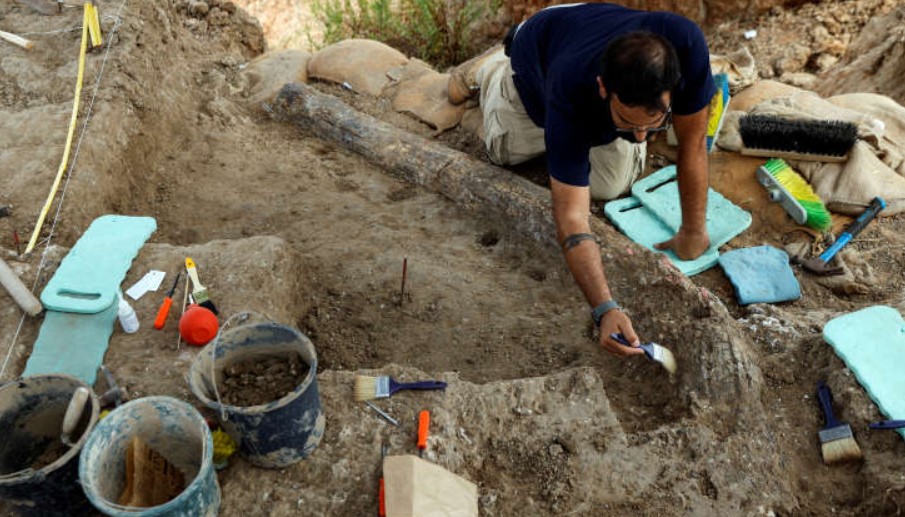











Comentează